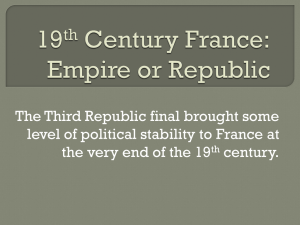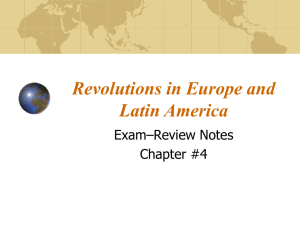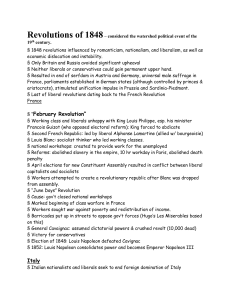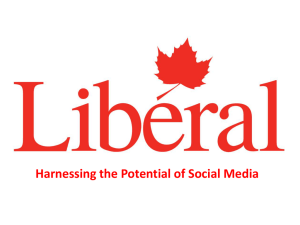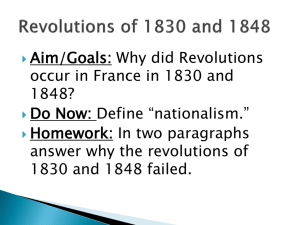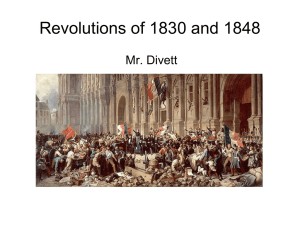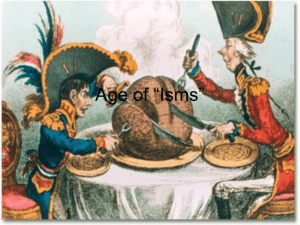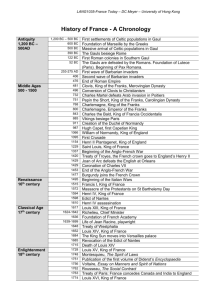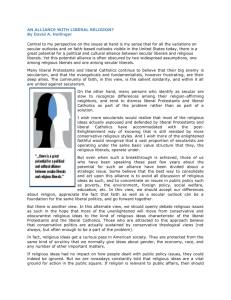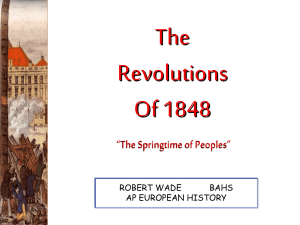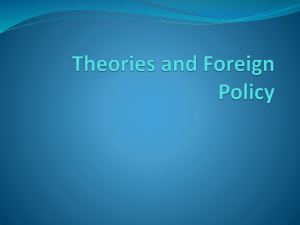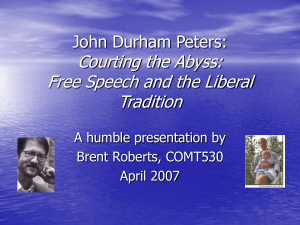Ch. 8 Sec. 2
advertisement
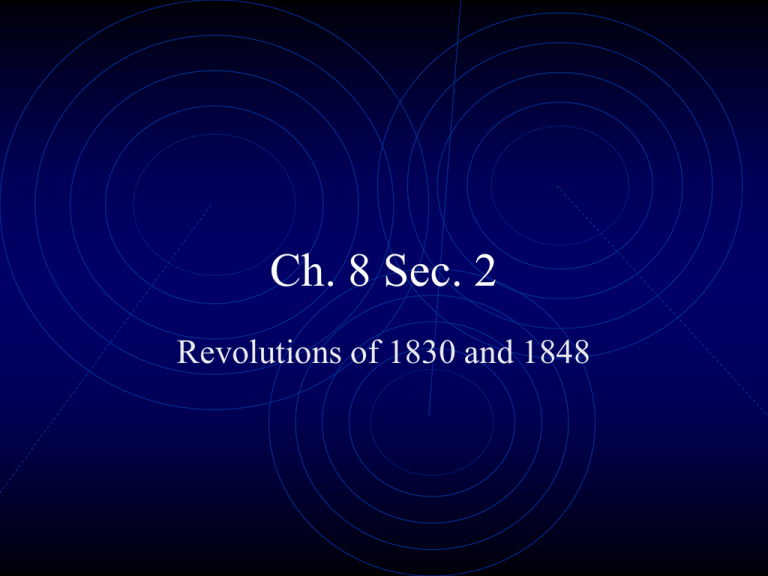
Ch. 8 Sec. 2 Revolutions of 1830 and 1848 France Again • Revolts that began in Paris inspired the outbreak of uprisings throughout Europe • Louis XVIII issued the Charter of French Liberties • dies in 1824 • Charles X (younger brother) inherits the throne • Rejects the constitution that allowed some liberties • Liberals and radicals respond • Within days control Paris • Frightened Charles X abdicated and fled to England “Citizen King” • Radicals want a republic, but moderate liberals prevail with a constitutional monarchy and chose Louis Philippe (cousin of Charles X) as King • Supported the revolution of 1789 • Got along well with liberal bourgeoisie • Bourgeoisie prospered • Voting rights and other policies favoring middle class and hurting the working class “When France sneezes Europe catches a cold” • Most uprisings were suppressed, but some won and even failed revolutions encouraged reform • Belgium • 1815 unification of Austrian Netherlands and kingdom of Holland by the Congress of Vienna • Belgians resented, different religion, language • Support from Britain and France resulted in Belgium becoming and independent state in 1831 • Polands fight for independence is crushed by Russian forces in 1830, survivors flee to U.S. France Again!! • 1840s tough times in France • Radicals discontent • Utopian socialists want and end to private ownership • Even liberals upset with Philippe’s government • Corruption and limited voting rights • Recession shuts down factories and poor harvests cause bread prices to rise February Days • Mob-like street fighting • Louis Philippe abdicated • Liberal, Radical, and Socialist leaders create the Second Republic • Doomed from the beginning because of political differences • Upper and Middle-class interests won control and shut down policies that infuriated workers and peasants June Days • Street fighting again, but this time it was characterized by deeper divisions among the classes • At least 1,500 people killed before the government crushed the rebellion • Fear, mistrust, and hatred between all groups Napoleon III • A national assembly dominated by those who want order restored • Issue a constitution for the Second Republic • Strong President, 1-house legislature • Voting rights for all men (widest suffrage in the world) 9 million instead of 200,000 • Louis Napoleon overwhelmingly wins election • Attractive to working class, cared about social issues • Name carried support with conservatives • Like his uncle used his power to seize more power • 1852 proclaims himself emperor (90% of the vote) Revolts surge through Europe • Culmination of years of grievances • • • • Liberal greater share of political power Protection of basic rights for all males Relief from Industrial miseries Nationalists opposing foreign rule Austrian Empire • Students and workers demaning change • Metternich resigned and fled • Hungarians and Czechs demand independence • Temporary success • Austrian troops regroup and crush rebels Italian City-States • Want to end domination of Hapsburg rule and create independent republics • Forces regain control quickly • Austrian troops oust new governments • French army restores the pope in Rome • Local rulers cancel reforms German States • Liberal reforms, economic hard times • Force Prussian King Frederick William IV to agree to a constitution and elected assembly • Dissolved within a year • Attempts to have a united Germany fail • Divisions over republic or Monarchy • What states would be included • Frederick William IV rejects the offer of the crown • By 1850 rebellion fades • Rulers military force • Revolutionaries did not have mass support
